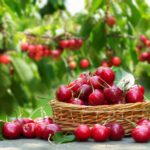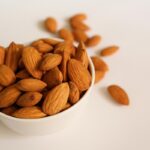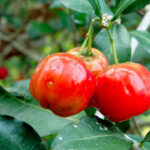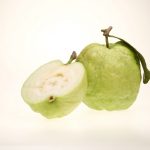Veteran blueberry researcher named UF’s Horticulture Crop Breeding Endowed Chair

A veteran blueberry researcher has been named the University of Florida’s Horticulture Crop Breeding Endowed Chair, recognizing the royalties generated by the fruit varieties he’s developed for global farming and consumption.
Patricio Muñoz, a UF/IFAS associate professor of horticultural sciences, was recently awarded the professorship by J. Scott Angle, UF interim provost and senior vice president for agriculture and natural resources.
During Muñoz’s time as a blueberry breeder at UF/IFAS, the program has brought in over $50 million in royalty revenue to UF.
Those royalties are the result of meticulous lab and fieldwork. Muñoz has released or collaborated on the release of 14 blueberry cultivars, four forage, and six turfgrass cultivars.
He also led the development of a smartphone app that helps growers scout for blueberry pests and diseases and provides information about the cultivars UF/IFAS has released.
Muñoz also led the creation of the UF/IFAS Plant Breeding Ph.D. program, one of the first of its kind in the nation.
With all these accomplishments, the title is special for Muñoz.
“This professorship is an honor and shows, again, the support we have from UF and UF/IFAS toward plant breeding,” said Muñoz, who has 18 years of experience as a crop breeder. “I feel grateful to be recognized with this professorship, and I thank my team and collaborators for the support.”
“We will continue in the path to help our Florida stakeholders be more profitable while advancing the knowledge to breed horticultural crops faster, cheaper, and more accurately,” adds Muñoz. “I am a believer of my motto local focus with a global impact.’ I consider Southern Highbush Blueberry (SHB) the ‘Gatorade of UF/IFAS,’ because like Gatorade, SHB was also developed by UF and nowadays is consumed globally.”
Chris Gunter, chair of the horticultural sciences department, praised Muñoz.
“Dr. Muñoz’s creativity and scientific expertise blend advanced genetics and genomics with the artistry of an experienced plant breeder,” says Gunter. “His ability to keenly observe, select, and communicate allows him to create resilient and high-performing blueberry varieties that meet diverse environmental and agricultural needs.”












































